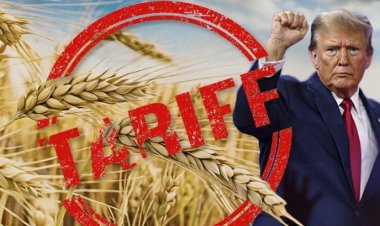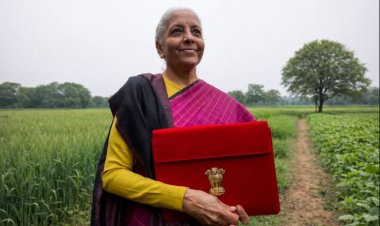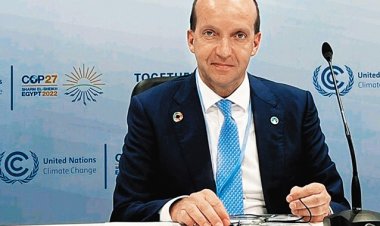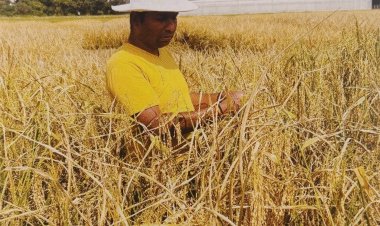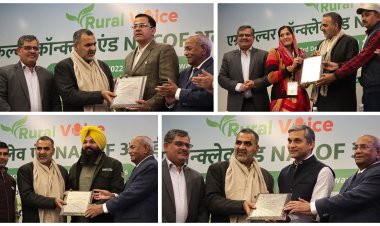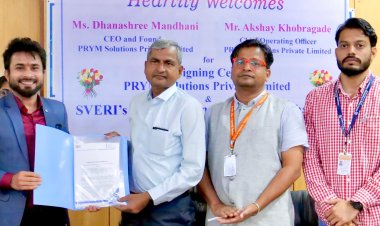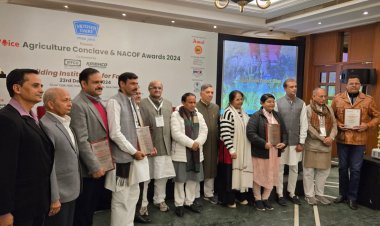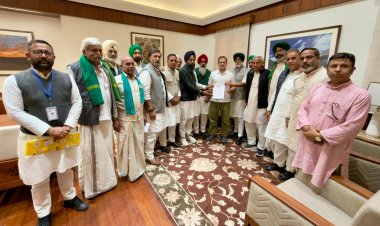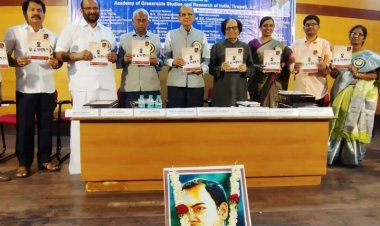13th WTO ministerial meeting fails to clinch any key issue, including agriculture
The 13th ministerial meeting of the World Trade Organization (WTO) ended without any result on important issues like agriculture and fisheries subsidies. The duration of the meeting was extended by one day to reach a consensus among the total 166 member countries, yet no solution was found as all the groups were adamant on their stand.
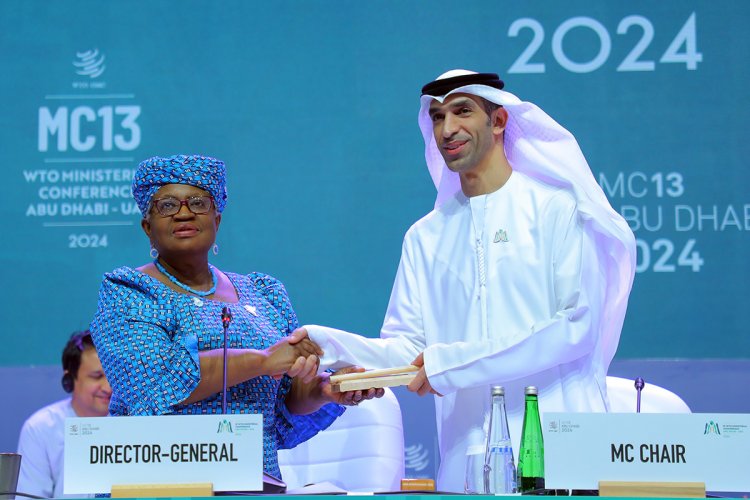
The 13th ministerial meeting of the World Trade Organization (WTO) ended without any result on important issues like agriculture and fisheries subsidies. The duration of the meeting was extended by one day to reach a consensus among the total 166 member countries, yet no solution was found as all the groups were adamant on their stand.
However, the issue of public stock holding in agriculture and fisheries was important and India wanted a decision on it. Despite India's initial opposition, the provision of not imposing custom duty on e-commerce was extended for two years.
Head of the Indian delegation and Commerce and Industry Minister Piyush Goyal said, “we have not lost anything on any issue. I will return happy and satisfied.” The issue of public stock holding is important for India. Developed countries wanted to link it to so-called reforms in agricultural trade, which was opposed by the G-33 countries led by India.
There is one part of the review of WTO's Agreement on Agriculture (AOA) that is very important for India. It is the basis of the Public Distribution System (PDS) in India. It states that the subsidy that WTO members will give for crops and inputs will be up to a maximum of 10% of the value of agricultural produce.
According to the agreement on agriculture, the difference between the current administered price or market price support for any commodity and the international price of 1986-88 (called the fixed external reference price) will be its subsidy.
India had opposed this for the food security of its citizens, then in 2013 a peace clause was brought in which developing countries including India were exempted. It was also decided that WTO members would find a permanent solution for government stock holding by 2017. This clause will continue unless a permanent solution is found.
No decision could be taken even on the issue of fisheries. India wants special exemption keeping in mind the interests of small fishermen, because this is the livelihood of about 90 lakh people here.
India's argument was that developing countries should continue to be allowed to provide subsidies to fishermen fishing up to 200 nautical miles from the coast, but subsidies for deep sea fishing beyond 200 nautical miles in developed countries should end.



 Join the RuralVoice whatsapp group
Join the RuralVoice whatsapp group


















